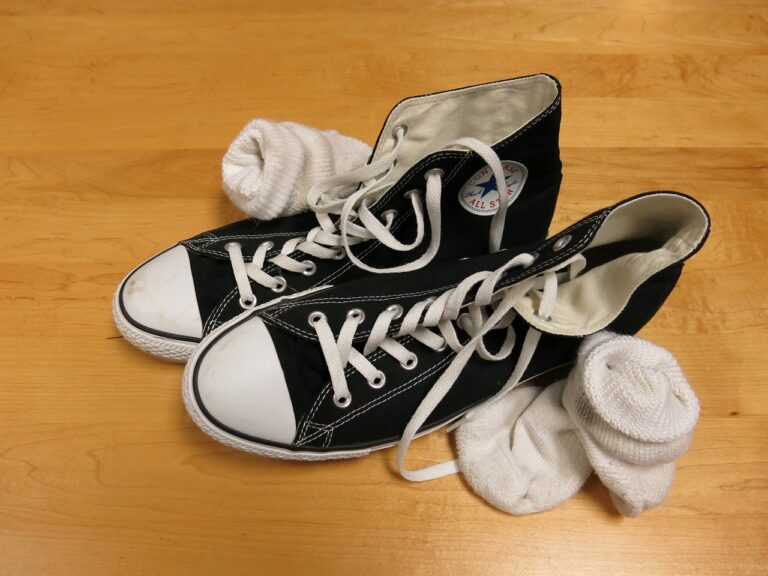Home Health Care for Health Information Technology (HIT) Research and Evaluation: 99 exch sign up, Lotus 365.io, Play exch.in
99 exch sign up, lotus 365.io, play exch.in: Home health care has become an essential service for individuals who require medical assistance within the comfort of their own homes. As the field of Health Information Technology (HIT) continues to evolve, the use of home health care services for research and evaluation purposes has become increasingly prevalent.
One of the primary benefits of utilizing home health care for HIT research and evaluation is the ability to gather real-time data in a naturalistic setting. By observing patients in their own homes, researchers can gain valuable insights into their daily routines, behaviors, and lifestyle choices. This data can be used to inform the development of new HIT solutions that are tailored to the needs of individual patients.
Furthermore, home health care allows for a more comprehensive evaluation of the effectiveness of HIT interventions. Researchers can track patients’ progress over an extended period, providing a more accurate assessment of the impact of technology on health outcomes. This longitudinal data can help to identify trends and patterns that may not be apparent in a traditional clinical setting.
In addition to research and evaluation, home health care can also facilitate the implementation of HIT solutions in a real-world setting. By working closely with patients and caregivers in their homes, health care providers can ensure that technology is integrated seamlessly into their daily routines. This hands-on approach can help to increase patient engagement and adoption of HIT solutions.
Overall, home health care offers a unique opportunity to leverage HIT for research, evaluation, and implementation purposes. By utilizing real-world data and interactions, researchers can develop more effective and personalized healthcare solutions that meet the needs of individual patients.
FAQs:
1. How is home health care different from traditional clinical care?
Home health care involves providing medical services in the patient’s home, while traditional clinical care takes place in a hospital or clinic setting.
2. What types of HIT solutions are commonly used in home health care?
HIT solutions in home health care may include telemedicine, remote monitoring devices, electronic health records, and mobile health apps.
3. How can researchers benefit from utilizing home health care for HIT research?
Researchers can gain valuable insights into patients’ daily lives, behavior patterns, and health outcomes by observing them in their own homes.
4. Are there any challenges associated with using home health care for HIT research?
Challenges may include patient privacy concerns, logistical issues, and the need for specialized training for home health care providers.
5. How can home health care support the implementation of HIT solutions?
By working closely with patients and caregivers in their homes, health care providers can ensure that technology is integrated smoothly into their daily routines.
In conclusion, home health care offers a unique opportunity to enhance HIT research and evaluation by providing researchers with access to real-world data and interactions. By leveraging the benefits of home-based care, researchers can develop more effective and personalized healthcare solutions that improve patient outcomes.







